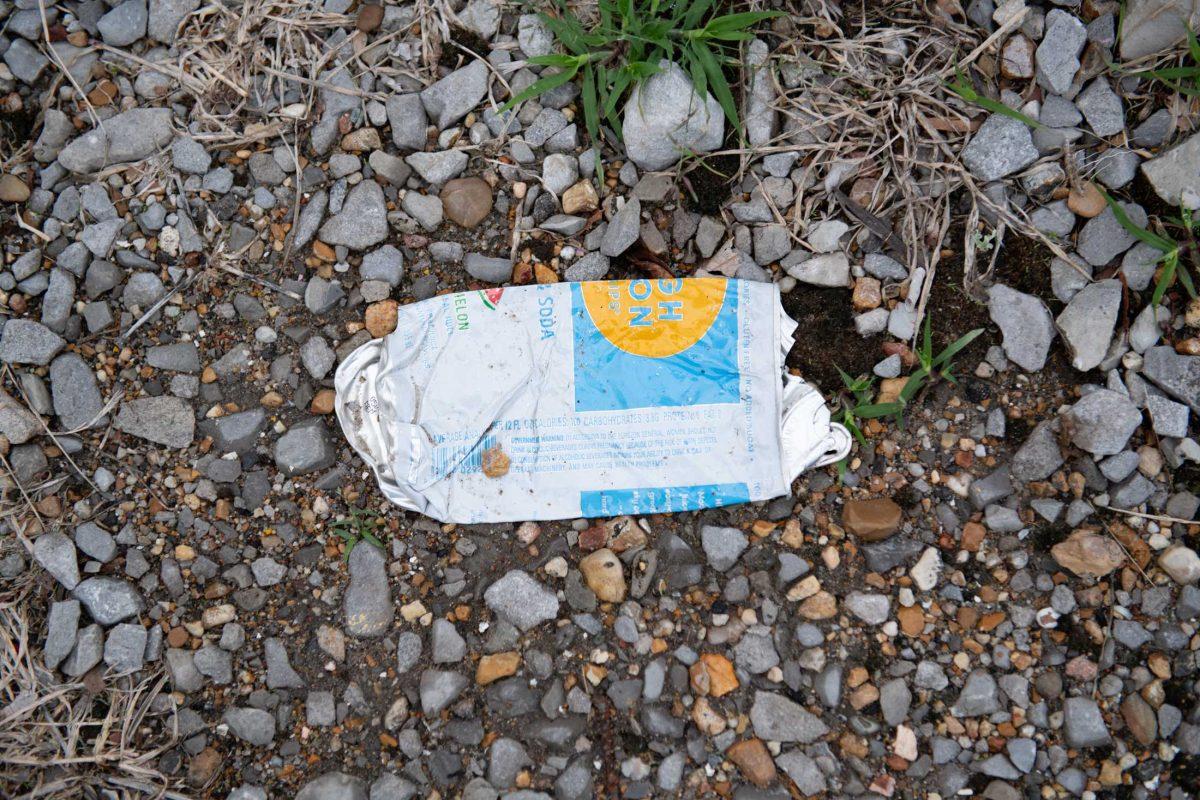Gov. John Bel Edwards announced in late October the formation of the LSU Litter Institute, a new operation to clean up Louisiana and protect the state’s environment.
The institute hopes to accomplish this by aiding projects working to reduce litter and by supporting research aimed at finding a solution to the problem of litter in the community, the state and around the world.
“Louisiana is uniquely positioned to lead in litter abatement because of our geography and waterways,” Edwards said when he announced the institute’s formation at the State Capitol.
READ MORE: LSU College of Art and Design holds its biannual art market in Free Speech Alley
Located at the last miles and mouth of the Mississippi River, Louisiana bears the brunt of litter traveling through the Mississippi River Basin. In fact, the Environmental Protection Agency found in 2015 that Louisiana’s waterways have some of the highest microplastic concentrations in the world.
LSU is no stranger to litter, and members of the LSU community are no strangers to cleaning it up.
Last year, LSU Law students volunteered to pick up litter as part of a grant received by LSU professor Jeff Kuehny. Kuehny is also director of the LSU AgCenter Botanic Gardens at Burden, where 10 acres of litter were removed from surrounding wetlands as part of another EPA-funded project in 2022.
In 2020, Keep America Beautiful released a study estimating that, across America, there are over 49 billion littered items near water and roadways. The study also reports that 90% of Americans find littering to be a problem. Keep America Beautiful is a nonprofit organization that was created in the ‘50s, dedicated to ending littering and supporting the increase of recycling.
According to Keep Louisiana Beautiful, an affiliate of Keep America Beautiful, Louisiana spends around $91.4 million every year on “litter abatement.”
Litter is a growing problem. That same KLB study found Louisiana had increased its spending on litter abatement by 65% since 2010.
KLB also found that Louisiana roadways are covered in almost 143.8 million pieces of litter, the average amount of litter per mile being 10,178 pieces.
The need to end littering is not just for beautification, but also because littering can greatly harm the well-being of the residents of an area, as well as the surrounding environment and its animal inhabitants.
According to Texas Disposal Systems, a waste processing services provider, “Litter can spread diseases, viruses, and parasites through two methods, direct and indirect contact.”
Around one million marine animals are killed each year due to litter, according to figures from the United Nations Educational, Scientific and Cultural Organization.
To seed the Louisiana Litter Institute, the Louisiana Legislator has allocated $800,000.
“The institute will work to end litter by connecting state, national and international experts, scholars and students to address this serious issue,” Edwards said. “It is a problem that affects all of us, regardless of where we live. It’s up to us to solve it, and by working together and taking personal responsibility, we can keep our communities, state and beyond clean.”
The LSU Litter Institute will likely be one of Edwards’ last initiatives on climate and the environment before he leaves office in January. During his tenure as governor, Edwards also formed the Climate Initiatives Task Force, Louisiana’s first exploration into studying carbon emissions and strategies for reducing those emissions, which published a climate action plan in 2022, detailing how the state could go net-zero for carbon emissions by 2050.







